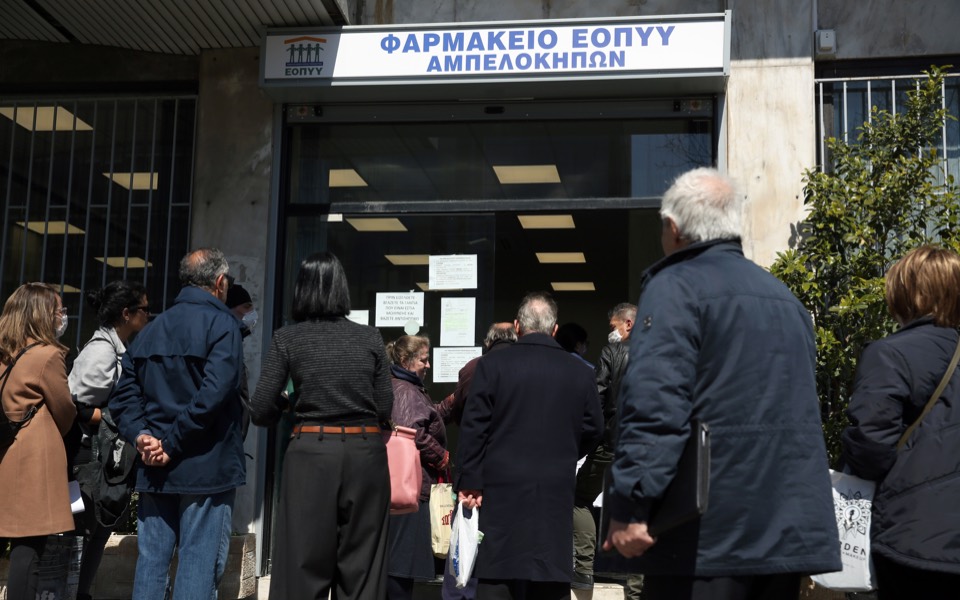The class dimensions of a virus

There is a social class dimension to the way the new coronavirus is affecting the population, and by that of course I do not mean the indirect revanchism of MEP Dimitris Papadimoulis, of the main opposition SYRIZA party, who almost celebrated the fact that the outbreak in our country started from a woman who returned from a trip to Milan and a student in a private school in Athens.
Even if the virus did first hit the more affluent who travel the most, which makes sense, now that it has spread to the lower income households the consequences will be distributed differently – to the detriment of the latter.
If, for example, private schools in the country have the ability to offer online courses to their students, the same is not true for state-run schools. The children of the poorest families will loaf around the house without guidance, while their peers will proceed with their courses via remote learning.
Parents who are not able to work from home will be called upon to make painful and expensive choices about child care: They will either have to pay for nannies or leave their children alone at home, or, in the worst-case scenario, resign. Things are even more difficult for single-parent families without help.
The weakest who do not own a car will continue to use urban transport, increasing the risk of being infected. Many companies will pass on the costs of the epidemic to their employees, especially the most vulnerable: the uninsured, the young and the part-time workers, who are often women.
The test for the new coronavirus in private hospitals costs almost 300 euros – a luxury for the average Greek. Struggling elderly citizens facing health problems will have to wait in the ICUs of state-run hospitals and be subject to ethical dilemmas from doctors, such as those we see in Italy: “Who are we going to save? The 85-year-old with chronic obstructive pulmonary disease, or the 78-year-old with pneumonia?”
Covid-19 will not only test the strength of the Greek health system. It is also an accelerator and a multiplier for social inequalities in the country, at a time when Greece was theoretically emerging from the prolonged economic crisis. In this sense, the epidemic, which discourages physical contact, at the same time presupposes social solidarity: a virtual embrace of the weakest.





